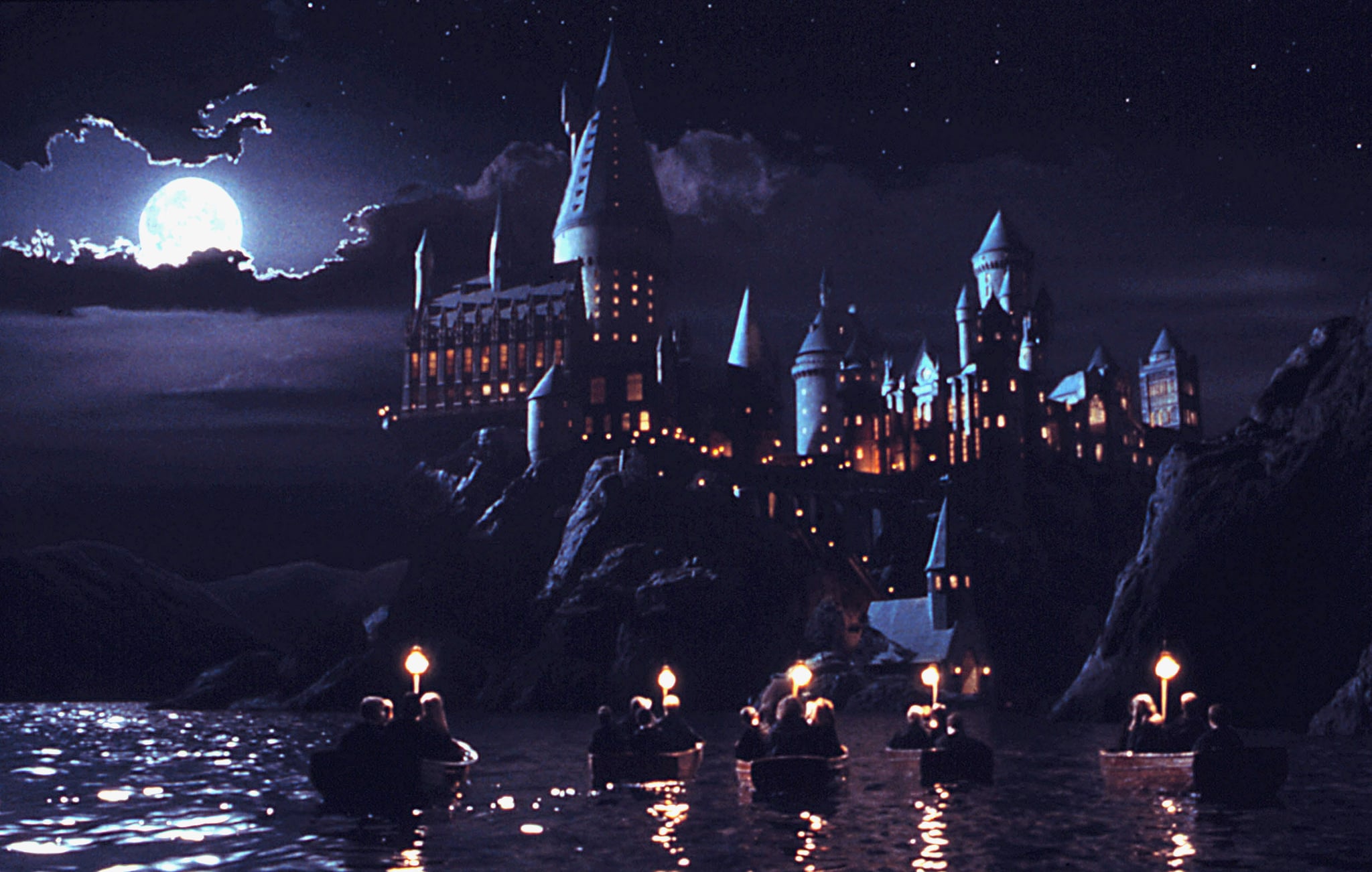
She also frequently uses antisemetic dog whistles in her depictions of the greedy, “hook-nosed” goblins who work at the wizard bank.Īll of this has made Hogwarts Legacy, one of the most anticipated video games of all time, into a deeply fraught topic. Namely, her tendency to call nonwhite characters stereotypical and offensive names, the most egregious being Cho Chang, whose name is actually two last names of completely separate ethnic origins, and the Black character Kingsley Shacklebolt.


But the attention on Rowling’s beliefs about trans people has also reignited conversations around her portrayal of other marginalized groups within the book series. Much of Harry Potter’s enormous fan base has spent the intervening years reeling from the realization that its beloved author could harbor such abhorrent views, particularly one whose books explicitly championed progressive values (so much so that terms from the series became synonymous with the anti-Trump “resistance”). This logic has no basis in reality, and as Katelyn Burns previously noted for Vox, TERFism effectively functions as a hate group targeting one of society’s most vulnerable communities. Rowling has, over the past several years, proudly aligned herself with trans-exclusionary radical feminism, or TERFism, which maintains that trans women are actually men who seek to invade women-only spaces and oppress them further. Since the first rumblings of its existence, all the way back in 2017, to its official announcement in 2020, the game has sparked intense fury and speculation over how it would distance itself - or not - from the hateful rhetoric of Harry Potter author J.K.

Sign up here.īut whether it is a good, a bad, or even a solidly fine video game is not really what people are talking about when they talk about Hogwarts Legacy. Each week we’ll send you the very best from the Vox Culture team, plus a special internet culture edition by Rebecca Jennings on Wednesdays.


 0 kommentar(er)
0 kommentar(er)
